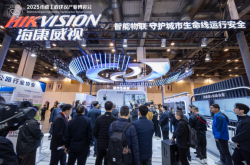Ranking Fourth Globally and Second Domestically! Another Auto Giant Emerges in China
![]() 11/13 2024
11/13 2024
![]() 640
640
The automotive industry is undergoing tremendous changes, and China is gradually breaking the century-old monopoly held by Western developed countries.
Currently, two Chinese automakers have made it into the top ten global automakers. One is the well-known BYD, but who is the other powerful contender?
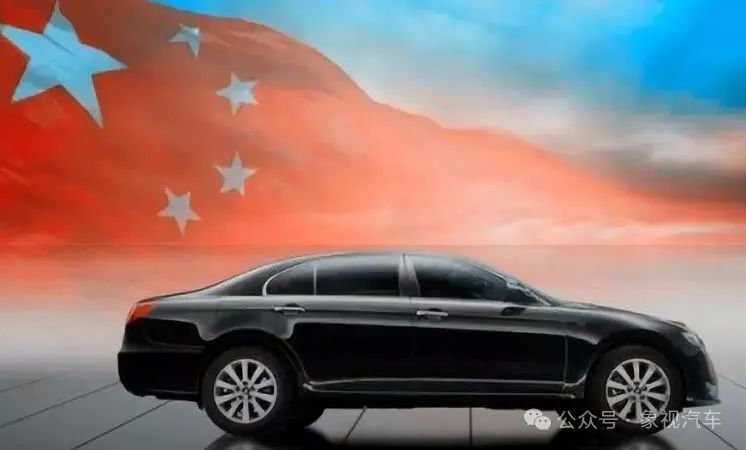
1. Ranking Fourth Globally and Second Domestically
For decades, Chinese automakers struggled to become globally renowned, let alone compete domestically against joint ventures.
However, riding on the wave of the new energy era, the Chinese automotive industry has finally stood tall.
Reviewing the latest list of the top ten global automakers by market capitalization, two Chinese automakers are included. Among them, BYD ranks third with a market capitalization of $114.4 billion, trailing only Tesla and Toyota.
As a rising star in the new energy sector, BYD's inclusion is understandable. Surprisingly, Xiaomi is also on the list.
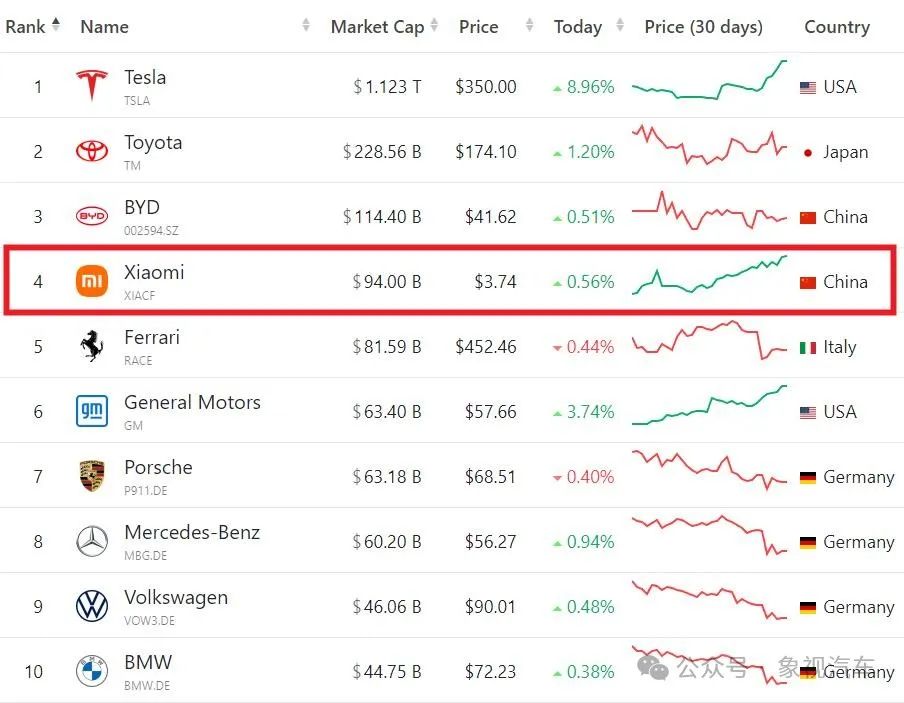
The list shows that Xiaomi, with a market capitalization of $94 billion, closely follows BYD at fourth place, surpassing traditional automotive giants like Ferrari, General Motors, Porsche, Mercedes-Benz, Volkswagen, and BMW.
In other words, in terms of market capitalization, Xiaomi is now the fourth-largest automaker globally.
After more than three years of vehicle production and less than a year since the launch of its first model, Xiaomi has made remarkable progress, with its share price doubling in the past three months. Ranking fourth globally and second domestically, Xiaomi's achievements are incredible.
The height Xiaomi has reached now exceeds many people's expectations, but it is an undeniable fact.
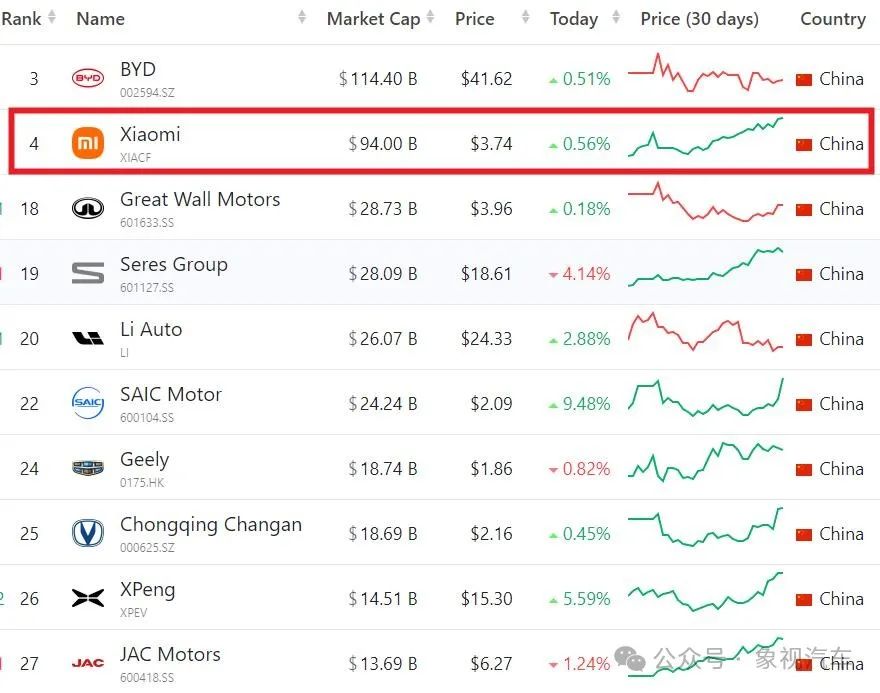
2. The Emergence of Another Chinese Auto Giant
Of course, some may dismiss this, arguing that Xiaomi's ranking as the fourth-largest automaker globally is undeserved because its current revenue structure is still dominated by smartphones, with the automotive business accounting for a relatively small proportion.
Taking the second quarter of this year as an example, Xiaomi Group's total revenue was 88.9 billion yuan, of which smartphones and IoT and lifestyle consumer goods contributed 46.5 billion yuan and 26.7 billion yuan, respectively, accounting for 51% and 30% of total revenue.
During the same period, Xiaomi delivered 27,307 vehicles, generating a total revenue of 6.24 billion yuan, accounting for only 7% of total revenue.
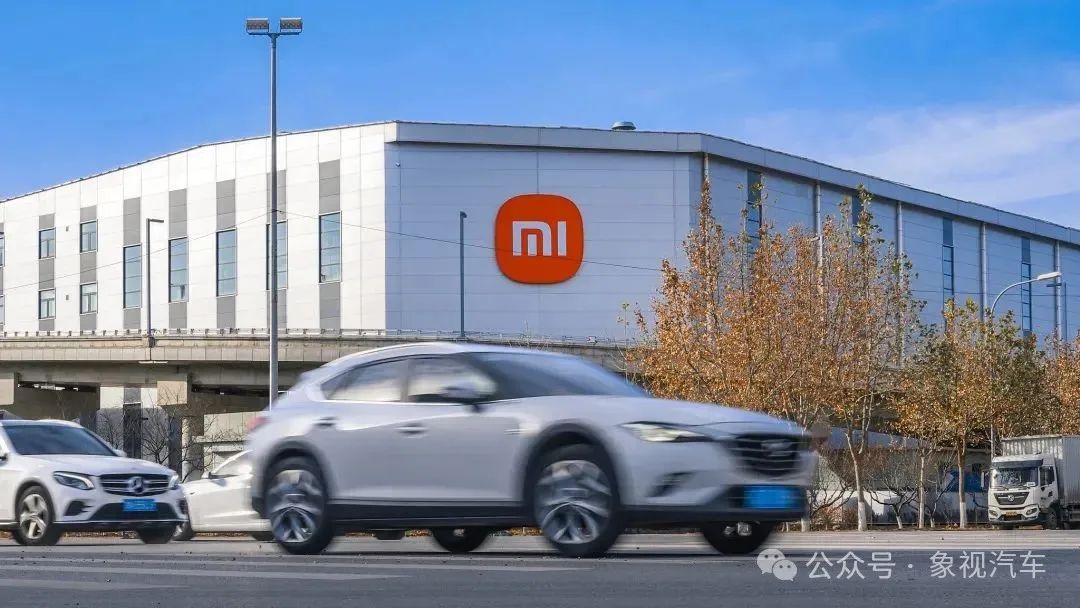
It should be noted that Xiaomi has already achieved its delivery target of 100,000 vehicles ahead of schedule and is likely to exceed 120,000 this year. Based on this, Xiaomi's automotive revenue is expected to reach 30 billion yuan this year, which is not a small scale.
The sharp rise in Xiaomi's share price in recent months is mainly attributed to the improving market performance of its first model, the SU7, demonstrating Xiaomi Group's significant growth potential to the capital market.
Even the CEO of Ford has praised Xiaomi, airlifting an SU7 from Shanghai to the United States, where he has driven it for over half a year without wanting to replace it.
Regardless, Xiaomi has become a formidable player in the global automotive industry, marking the emergence of another Chinese auto giant.
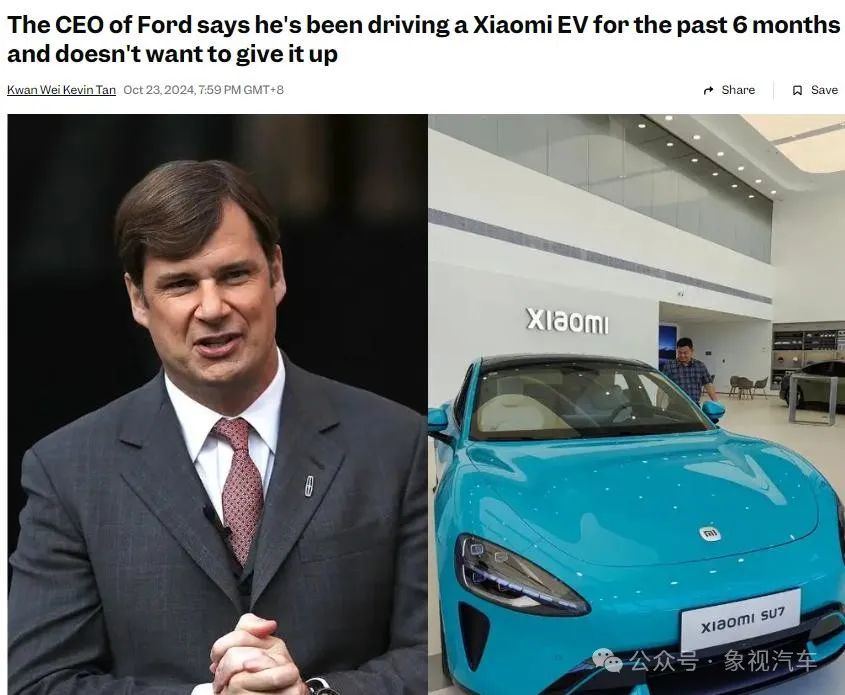
3. Lei Jun's Success in Automobile Manufacturing
Manufacturing vehicles, especially new energy vehicles, is challenging. The titans who have made it through the turmoil have all faced numerous hardships.
BYD's founder Wang Chuanfu began manufacturing vehicles in 2003 and endured the darkest moments around 2019, almost losing hope for a better future. Recalling those days, Wang Chuanfu teared up during a press conference, highlighting the immense pressure he faced at the time.
While Xiaomi is now enjoying immense success, its journey has been fraught with obstacles.
In his book "Xiaomi Entrepreneurial Thinking," Lei Jun described his mindset towards automobile manufacturing: staying vigilant, humble, and even fearful for survival, proceeding cautiously as if treading on thin ice...
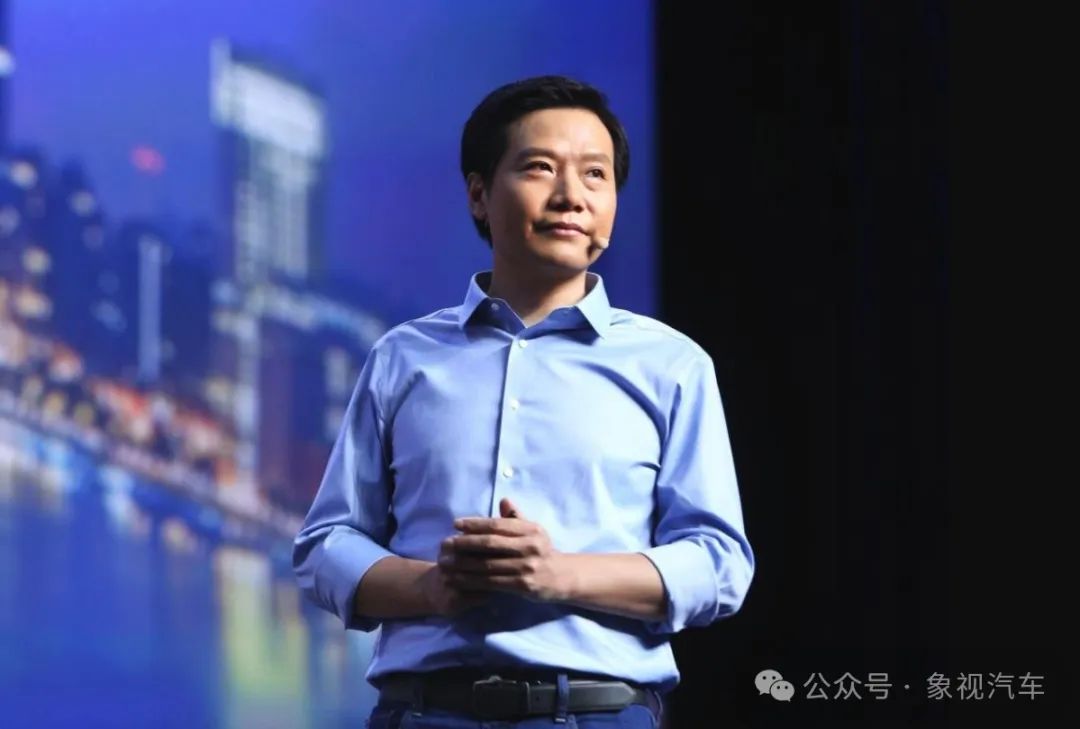
In 2021, Lei Jun announced Xiaomi's entry into automobile manufacturing, describing it as "the last major entrepreneurial project of my life" and stating that he was willing to "bet my entire reputation on it."
By 2022, the smartphone industry had entered a winter, with Xiaomi's primary business struggling, leading to a decline in share price.
Automobile manufacturing requires substantial capital investment, and profitability seemed distant. At the time, the market was skeptical, with few believing in Lei Jun's success.
Who could have predicted that Xiaomi's first model, the SU7, would become a hit upon its launch this year, eliciting envy from other automakers.
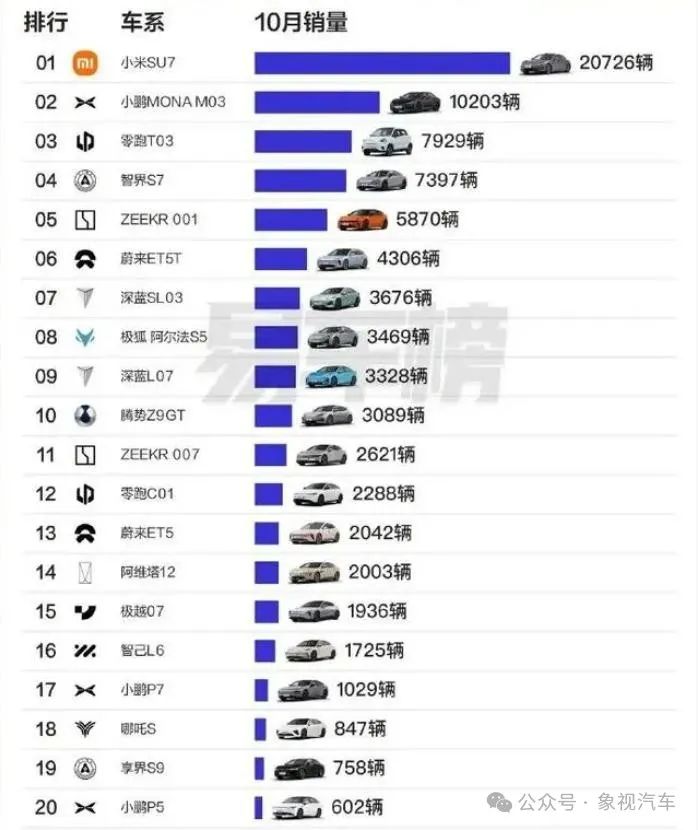
In October, Xiaomi delivered 20,726 SU7 vehicles, ranking first in sales among new force sedans, sedans priced above 200,000 yuan, and mid-to-large pure electric sedans.
Additionally, the performance version, Xiaomi SU7 Ultra, set a new Nürburgring record with a time of 6 minutes, 46 seconds, and 874 milliseconds, becoming the fastest four-door car on the Nordschleife.
Despite a price tag of 814,900 yuan, it received over 3,680 orders within 10 minutes.
With its first model, the SU7, Xiaomi has secured a place in the high-end market and ascended to the throne of the fourth-largest automaker globally. No one can now doubt the success of Lei Jun's foray into automobile manufacturing.

